Due to the controversial practice of Apple slowing down older iPhones batteries for iPhone 6, iPhone 7, and SE models, Apple’s lawsuit led to a payout of $113 million to 34 states. This amount was to settle the investigation carried out by Arizona and California. The charges against Apple were because they were not transparent about the problems with its iPhone batteries that caused an unexpected shutdown on the phones. In other words, Apple’s slowing down iPhones lawsuit was a big deal.
KEY TAKEAWAYS:
- In 2017, Apple admitted to slowing down older iPhone models without an effort to force customers to purchase new ones.
- iPhone customers accused Apple of misleading them with software updates that lagged the performance of iPhone 6, 7, and SE models without notice.
- In a scandal known as “battery gate,” Apple lowered its cost of replacing iPhone batteries from $79 to $29 per iPhone.
The Batterygate Scandal
Back in 2016, instead of informing customers about the battery issues, Apple pushed for a software update that affected the performance of the older phones. When the scandal broke out, it was titled “batterygate.” As a result, Apple offered to replace customers’ batteries for $29 instead of the service cost, which is $79. In 2018, 11 million+ people took the offer, a number 10 times higher than previous years.
Insider Tip
Due to the controversial practice of Apple slowing down older iPhones batteries for iPhone 6, iPhone 7, and SE models, Apple’s lawsuit led to a payout of $113 million to 34 states.
Although the $113 million seems like a lot of money, it is just a drop in the ocean compared to its $275 billion annual revenue. In addition, as of March 2021, the company’s second-quarter earnings were $89.6 billion. Here are more details about the batterygate scandal.
Fines Apple Received Due to Batterygate
- In February 2021, Apple received a fine of $27 million from a French company watchdog for intentionally slowing down old iPhones without informing consumers.
- In March 2020, Apple agreed to pay up to $500 million due to the misleading software update. As a result, Apple customers thought they needed to replace their phones because their batteries required replacement.
Attorneys and Big Tech
According to Attorney General Brnovich, big tech companies are under the radar for manipulating customers to purchase their products and practices. During the investigation led by AG Brnovich, Apple apologized for the practice and temporarily reduced the cost of replacing the batteries to $29 from $79. In addition, they included a feature that would help iPhone users to track the health of their phone batteries. In 2019, they even launched the Apple repair program.
Insider Tip
Back in 2016, instead of informing customers about the battery issues, Apple pushed for a software update that affected the performance of the older phones.
F.A.Q.
How do I get paid from Apple’s lawsuit?
iPhone users were required to submit a claim before October 6th, 2020, to receive a payout. Customers were required to make an online claim by providing the serial number of their devices or the Apple ID they used on the device. According to Apple’s website, they agreed to pay a maximum of $500 million or at least $310 million.
Does Apple still slow down old phones in 2021?
After admitting that the updates they provided made the old iPhones slow down and agreeing to pay up to $500 million, Apple claims that they stopped the practice.
Do iPhones get slower over time?
Over the years, customers suspected that older iPhones were slowing down to encourage customers to purchase new ones.
STAT: In Apple’s class-action lawsuit, lawyers were planning to take up to $93 million in legal fees, equal to 30% of $310 million. In addition, they were also going for up to $1.5 million for expenses. (source)
REFERENCES:
- https://en.wikipedia.org/wiki/Apple_Inc._litigation
- https://www.youtube.com/watch?v=DVPgozqaN6E&ab_channel=CNN
- https://oag.ca.gov/news/press-releases/attorney-general-becerra-announces-113-million-multistate-settlement-againstr
- https://da.lacounty.gov/sites/default/files/press/111820-Apple%20Inc.%20Settles%20%2424.6%20Million%20Consumer%20Protection%20Lawsuit%20Over%20Slowing%20Performance%20in%20Older%20iPhones.pdf
- https://ncdoj.gov/attorney-general-josh-stein-announces-113-million-settlement-with-apple-over-iphone-throttling/
















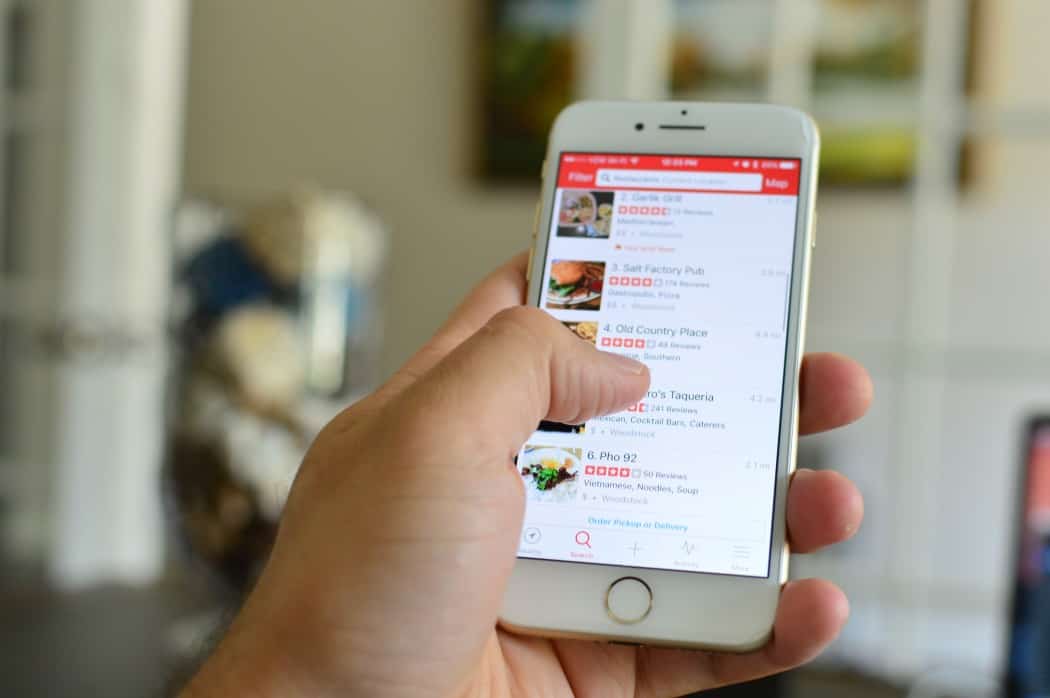


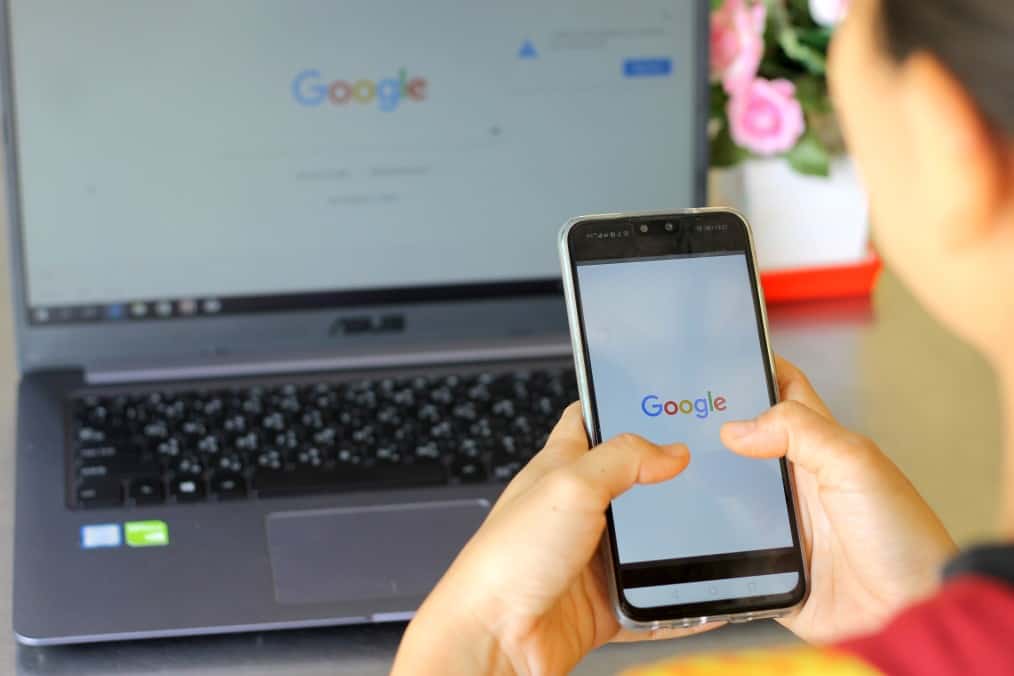
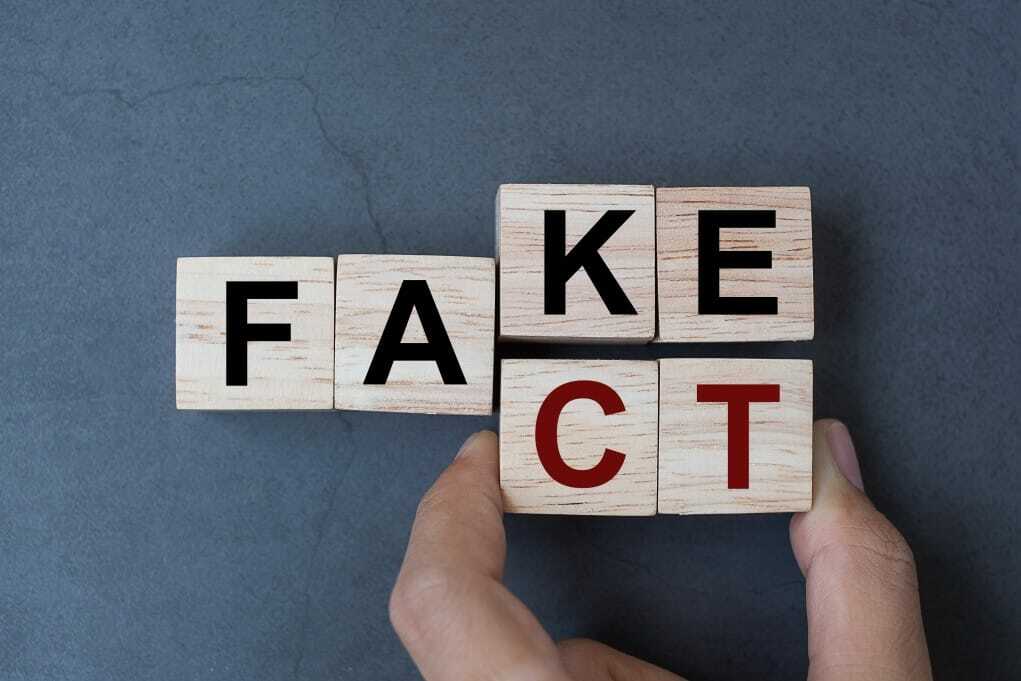

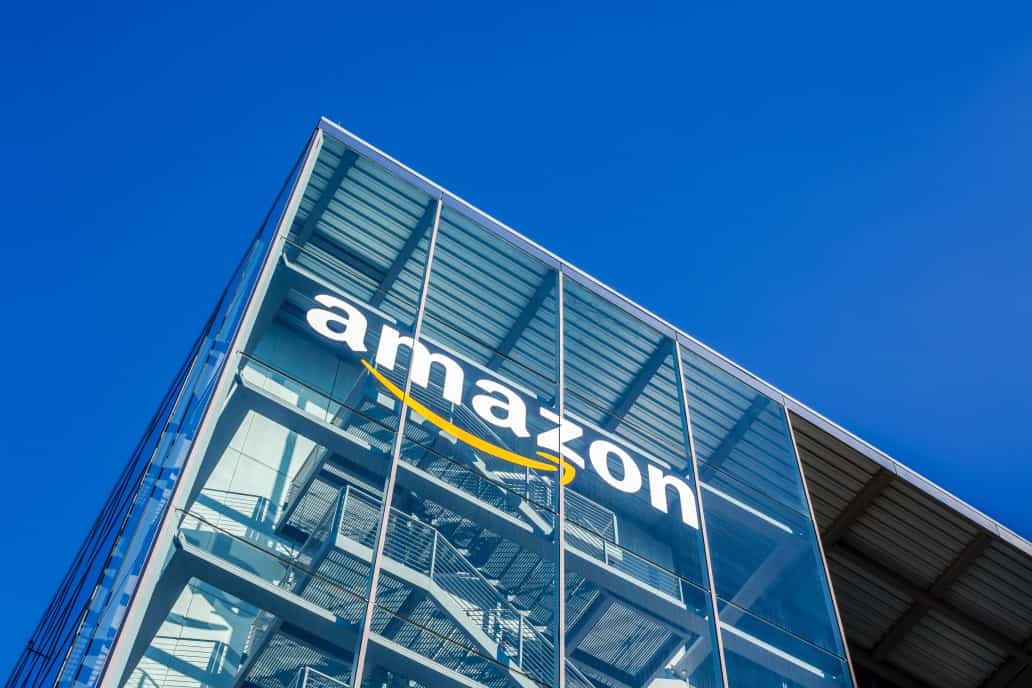



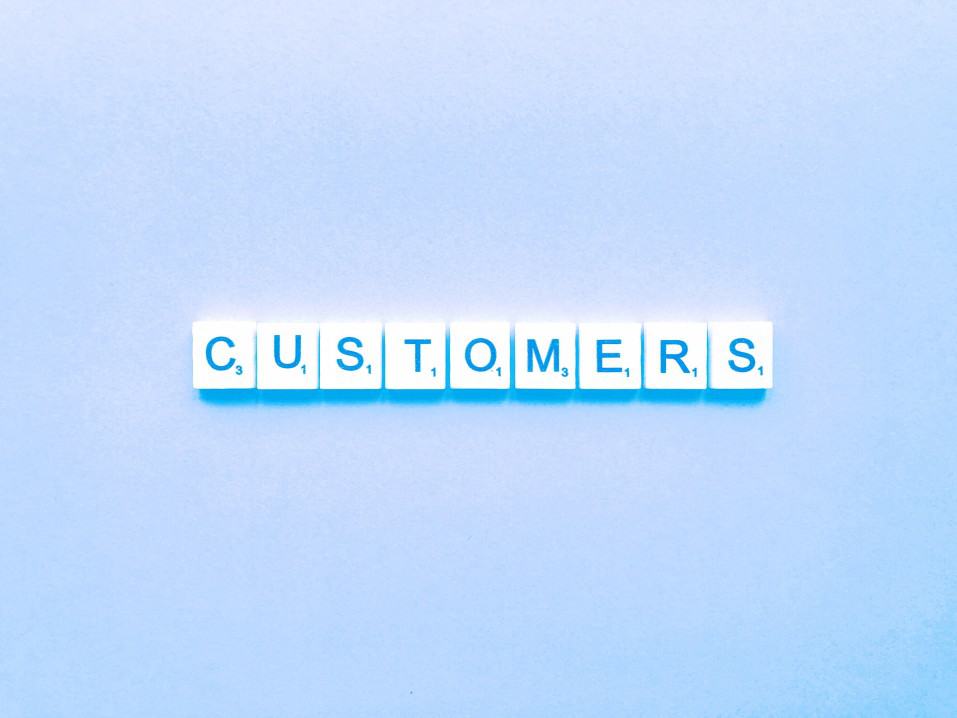
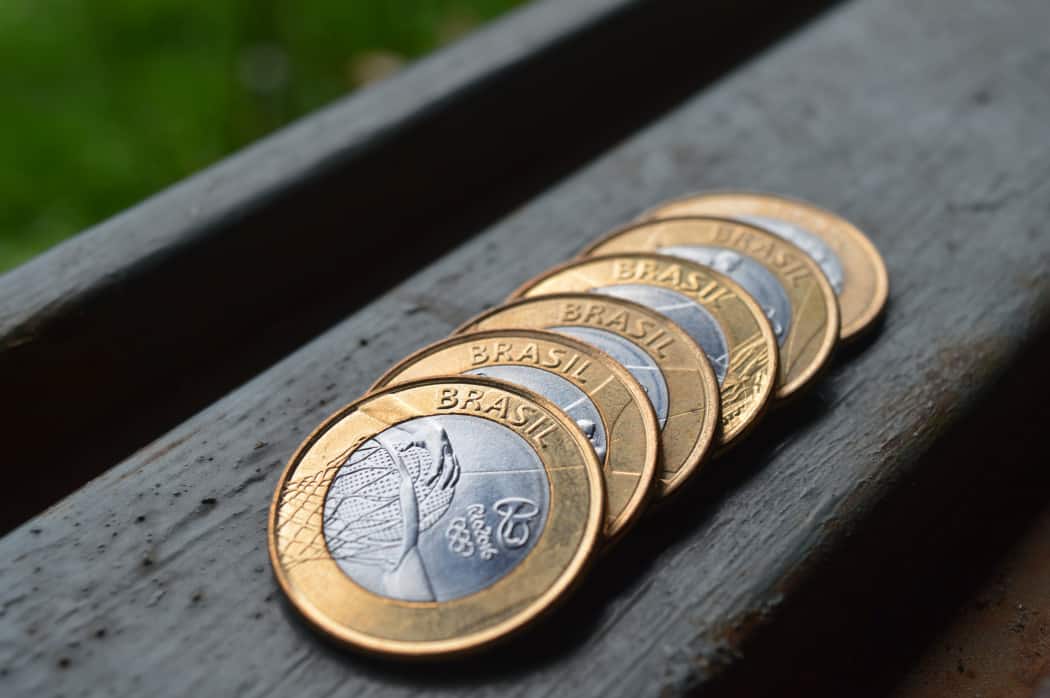
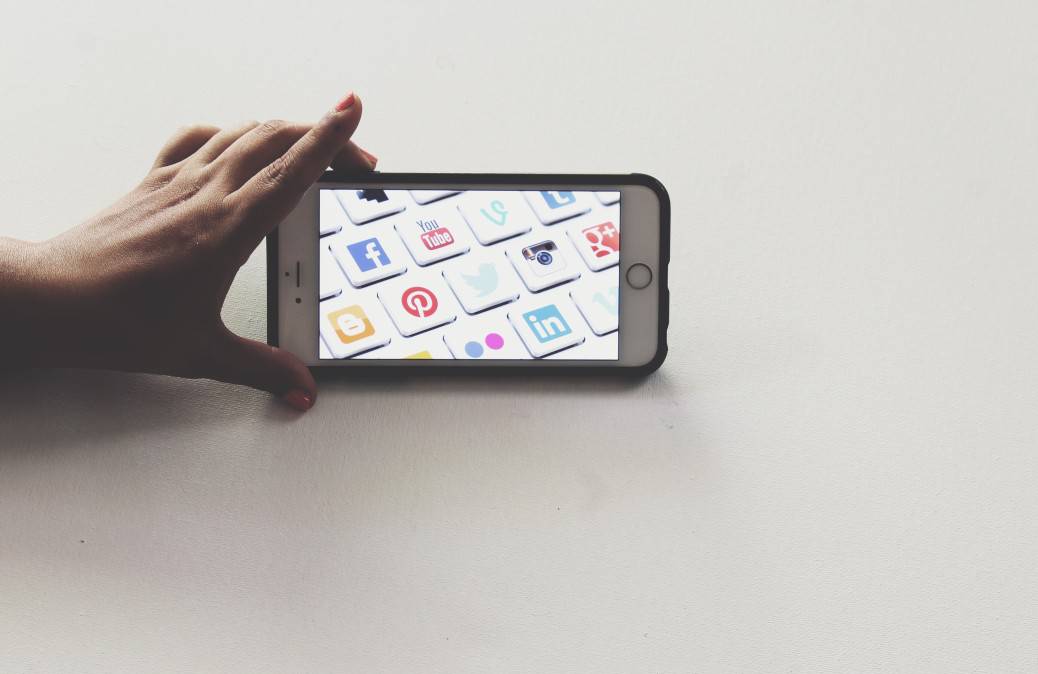
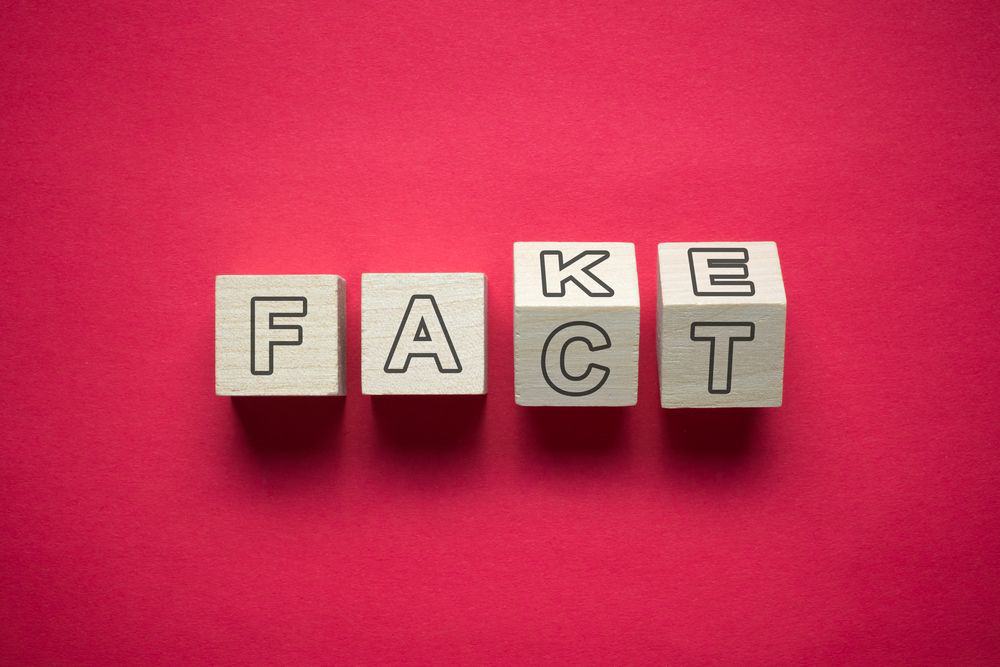
![Best Amazon Review Checkers in [year] 22 Best Amazon Review Checkers in 2026](https://www.gadgetreview.dev/wp-content/uploads/best-amazon-review-checker-image.jpg)
![Best Renters Insurances in [year] 23 Best Renters Insurances in 2026](https://www.gadgetreview.dev/wp-content/uploads/best-renters-insurance-image.jpg)
![Best Computer Repair Kits in [year] 24 Best Computer Repair Kits in 2026](https://www.gadgetreview.dev/wp-content/uploads/best-computer-repair-kit-image.jpg)
![Best Smartphone Repair Kits in [year] 25 Best Smartphone Repair Kits in 2026](https://www.gadgetreview.dev/wp-content/uploads/best-smartphone-repair-kit-image.jpg)
![Best iPhone Repair Kits in [year] 26 Best iPhone Repair Kits in 2026](https://www.gadgetreview.dev/wp-content/uploads/best-iphone-repair-kit-image.jpg)
![Best Windshield Repair Kits in [year] 27 Best Windshield Repair Kits in 2026](https://www.gadgetreview.dev/wp-content/uploads/best-windshield-repair-kit-image.jpg)
![Best Dent Repair Kits in [year] 28 Best Dent Repair Kits in 2026](https://www.gadgetreview.dev/wp-content/uploads/best-dent-repair-kit.jpg)